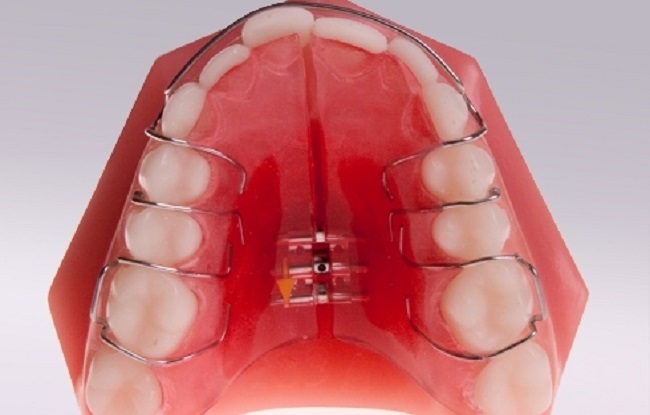Here are answers to some of the questions you might have about the importance of milk teeth to the development of your child’s dentition.
Since milk teeth fall off anyway, is it really important to keep them in good health or retain them if they become bad?
Milk teeth are critical to the proper development of permanent dentition. If they weren’t there to keep spaces for the permanent teeth, then the latter would not find room to eventually come out; they’d become crooked.
How do I make sure they remain healthy? Is there anything that can be done to prevent future problems?
Visit your child dental specialist as soon as possible and follow his/her instructions. The best way to prevent future problems is by ensuring that cavities do not develop and teeth are not lost early.
What happens when the milk teeth are lost early?
Premature loss of milk teeth especially the back ones causes the permanent teeth that come in behind them to move forward. This results in a situation where the permanent teeth that come in the place of the missing ones to find themselves short of space.
What can be done if the milk teeth are lost early?
Your Child Dental Specialist will fit a thick wire brace on the inside which will prevent the forward movement of the permanent teeth. These braces are called space maintainers.
How long do these need to be worn?
Depending on when the milk teeth are lost, anywhere between 3-5 years.
How about if the milk teeth are lost early and the permanent teeth have moved forward?
Your Child Dental Specialist can then give you braces called Space regainers which, although similar to the Space Maintainers, are designed to move the teeth back to where they came from.
Some of my child’s upper front teeth are biting behind the lower front teeth. Is it OK?
No, it’s not. This condition is called an anterior crossbite. Depending on its severity and the number of teeth involved, it may need a simple (removable) or a complex brace to correct it. Such a condition, if it affects the back teeth, is called a posterior crossbite. It will also need to be corrected.
What happens if crossbites are left uncorrected?
Uncorrected crossbites may eventually distort the way the jaws grow. So, what essentially was a tooth problem early on becomes a jaw problem later on.
My child sucks his/her thumb. Will he/she grow out of it?
Thumb sucking and other habits can distort the shape of the jaws and the tooth arches if they go on long enough. They are considered OK upto 4 years of age. A lot depends on the duration and intensity of the habit, however.
How can the dentist help?
If other methods have failed, then the dentist can fit either removable or fixed braces in the mouth to make the habit less pleasurable for the child. Such braces are called Habit Breakers.
Do they work?
If the child is motivated enough, then yes, they do work.
How frequently do I visit the dentist for adjustment of the above braces?
Frequent (usually 3-6 month) visits are mandatory to ensure teeth are developing satisfactorily. If crossbites are being corrected or space is being regained, then monthly visits are in order.
How do I keep them clean?
It’s easy to keep them clean be proper brushing and flossing.
If my child’s teeth are developing crookedly, is there anything that can be done early on or do I need to wait till he/she is 12 years old for something to be done?
If your child has a good jaw bone relationship and the crookedness is because he/she has very large teeth in relation to the jaw bone size, then sometimes it is possible to let them come in straight by removal for certain milk teeth followed by certain permanent teeth at various times.
What kind of time frame are we talking about here?
Timing is crucial. The first milk teeth are remove between 7 and 8 years of age. The next set are removed between 8 and 9. The permanent teeth may be removed between 10 and 11. During this time the child may have to be seen every 3 to 6 months.
Will this sort out all the problems?
No. Fixed braces may still be needed in the end for fine tuning the child’s teeth. The advantages are that the child need not go through 3-5 years of life with crooked teeth, the duration of braces is less and the results are more stable.


